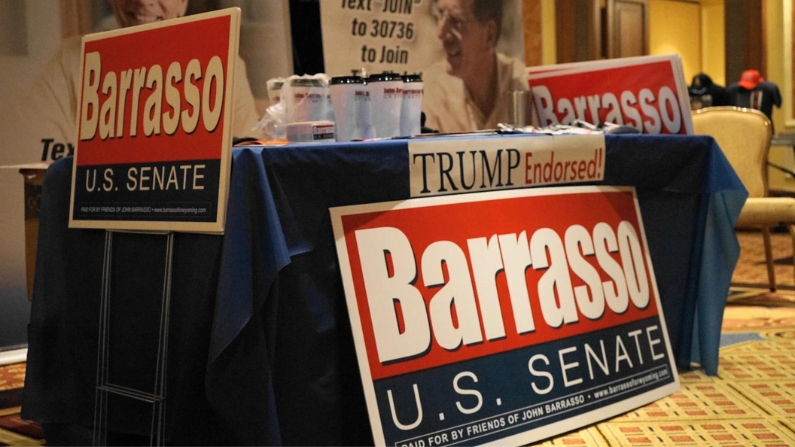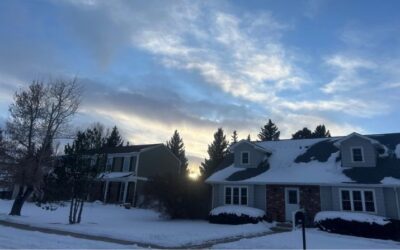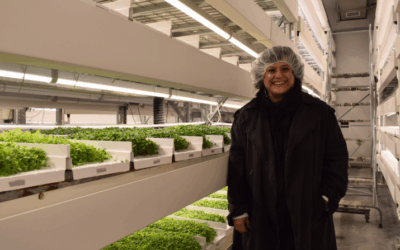There’s a rising trend among candidates who are running for office. They’re invited to a public debate, to field questions from voters, but studies show that they are increasingly likely to decline debates and forums.
If the past month offers any indication of whether that trend will continue, high profile candidates like U.S. Sen. John Barrasso (R-Wyoming) and U.S. Rep. Harriet Hageman (R-Wyoming) declined to participate in a debate organized by Wyoming PBS.
A group of Republican candidates in Fremont County, including Sen. Tim Salazar (R-Riverton), and Representatives Pepper Ottman (R-Riverton) and Sarah Penn (R-Fort Washakie) declined an invitation to debate from the League of Women Voters.
Dr. Andrew Garner is a professor of political science at the University of Wyoming. He said that, in general, the pattern may show that incumbents are trying to protect their status.
“If you’re ahead, why would you debate?” Garner asked. “Especially when you have multiple people on the debate stage, every one of whom are coming for you.”
While Garner didn’t speak on behalf of any candidate, he said that declining debates can be a shrewd strategy for incumbent candidates.”
“It’s the person who thinks that they’re behind in the polls,” Garner said. “They’re the ones that really want to debate because that’s going to elevate them, that’s going to help them get their message out there.”
Barrasso and Hagemen offered no reason to explain why they declined the Wyoming PBS debate. But the Fremont County Republicans filed an advertisement in the Dubois Frontier, saying they think the League of Women Voters isn’t as non-partisan as the League claims.
“We will engage in other organized forums this election year,” the message reads.
When candidates decline to debate, voters may be the ones who lose. Research shows that voters who participate in debates are more likely to be informed, to seek out and share information with others.
This reporting was made possible by a grant from the Corporation For Public Broadcasting, supporting state government coverage in the state. Wyoming Public Media and Jackson Hole Community Radio are partnering to cover state issues both on air and online.





